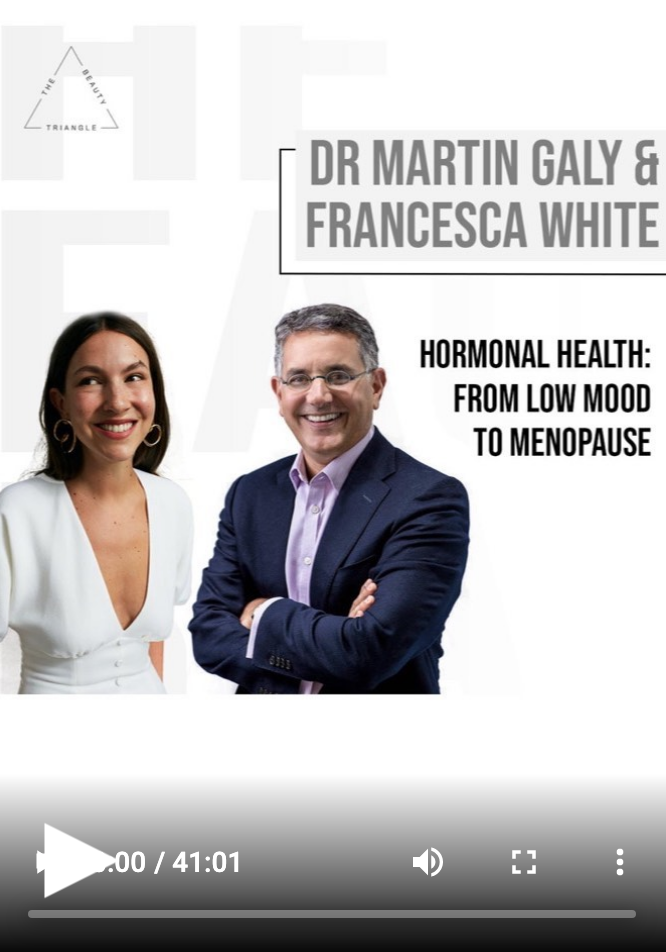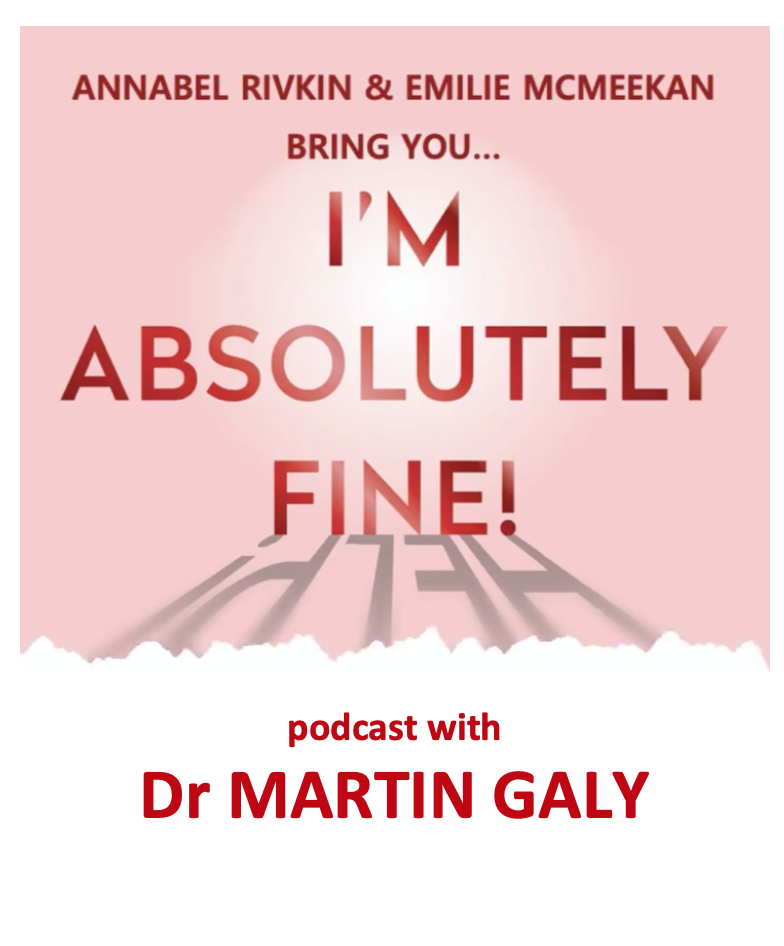Getting over acne can feel like an impossible task
The treatments are very variable, and an almost hit-and-miss approach seems to be the norm, with many regimes not yielding adequate results.
Several studies show that people with acne are more likely to be vit D deficient than those without acne, and that taking vitamin D supplements can reduce acne.
Vitamin D supplements can reduce acne by 35%
- In 2016,
- Korean researchers compared vitamin D levels of people with acne to those with clear skin. Their results showed that acne patients were much more likely to be vitamin D deficient than those without acne; 48.8% of acne patients were deficient in vitamin D vs. 22.5% of people without acne. Limitations of the study include the small number of patients in the supplementation study and the natural fluctuation of acne. https://www.ncbi.nlm.nih.gov/pubmed/27560161
- There was no difference in vitamin D levels between those with mild acne and people with clear skin.
- The researchers also tested whether vitamin D supplementation can reduce acne. They divided 79 people with acne into two groups. One group got vitamin D (1000 IU/day), and the other group got placebo supplements. The results showed that
- The number of inflammatory pimples (red lesions that are often painful) dropped on average by 35% after 2 months of vitamin D supplementation.
- The supplements had no effect on the number of non-inflammatory pimples (blackheads and whiteheads).
- The researchers speculated that 1000 IU/day might not be enough, because, even after supplementation, average vitamin D levels in acne patients were still below the level considered as adequate (20 ng/ml).
- Korean researchers compared vitamin D levels of people with acne to those with clear skin. Their results showed that acne patients were much more likely to be vitamin D deficient than those without acne; 48.8% of acne patients were deficient in vitamin D vs. 22.5% of people without acne. Limitations of the study include the small number of patients in the supplementation study and the natural fluctuation of acne. https://www.ncbi.nlm.nih.gov/pubmed/27560161
- In 2015
- an Iranian study published showed no difference in vitamin D levels between acne patients and healthy controls. In this study, both groups had very low vitamin D level; 8.4 ng/ml in acne patients and 10.4 ng/ml in controls.
- In 2014
- Turkish researchers also compared vitamin D levels in acne patients and people without acne. Their results showed that 3% of acne patients were vitamin D deficient – vs. 56.5% of those without acne. The average vitamin D level among acne patients was 11.2 ng/ml and 19.7 ng/ml for those without acne.
In a nutshell, studies show that vitamin D deficiency is more common among acne patients than those with clear skin – research on other inflammatory skin conditions has produced similar results.
Vitamin D some facts
- supplementation may reduce acne, but we need more studies before we can say whether this is true or not.
- may reduce skin irritation and sebum production. Several cell culture (test tube) studies have looked at the cellular effects vitamin D has in the skin.
- protects the skin cells from bacterial irritation. In most cases, acne forms like this. Spurred by irritation, keratinocytes (specialized skin cells) multiply rapidly and produce too much protein called keratin. Keratin is a tough protein that binds skin cells together (your nails are made of keratin). Excess keratin, combined with sebum, leads to blocked pores. Bacteria (P. Acnes) multiply in blocked pores and causes irritation in skin cells. This causes inflammation and turns the blocked pore into an inflammatory pimple. Cell culture studies have shown vitamin D protects skin cells from bacteria-triggered irritation. This means that vitamin D reduces the number of blocked pores that turn into inflammatory pimples. In fact, this is what the Korean study showed. That study showed vitamin D supplementation has no effect on non-inflammatory comedones, but reduced the number of inflammatory pimples by 35%.
- may inhibit mTOR, which is considered mTOR to be the master regulator of acne. It’s a protein that regulates cell growth. One reason dairy products and sugar cause acne is because they boost mTOR, which causes the skin to produce more oil and leads to blocked pores. Vitamin D does the opposite; it reduces mTOR activity in the skin.
- may reduce the growth of the cells that produce sebum (sebocytes), which would reduce the amount of oil the skin produces.
So, should you try vitamin D supplements?
If you have more than a few inflammatory pimples (i.e. you have moderate to severe acne), then I would start by getting your vit D levels checked.
On the other hand, if you have mild acne that mainly consists of non-inflammatory blackheads and whiteheads, then I doubt vitamin D works for you.
The National Institute of Health recommends taking no more than 4000 IU/day. However, At that intake however, you should have your level tested to ensure that it’s not too high.







































































